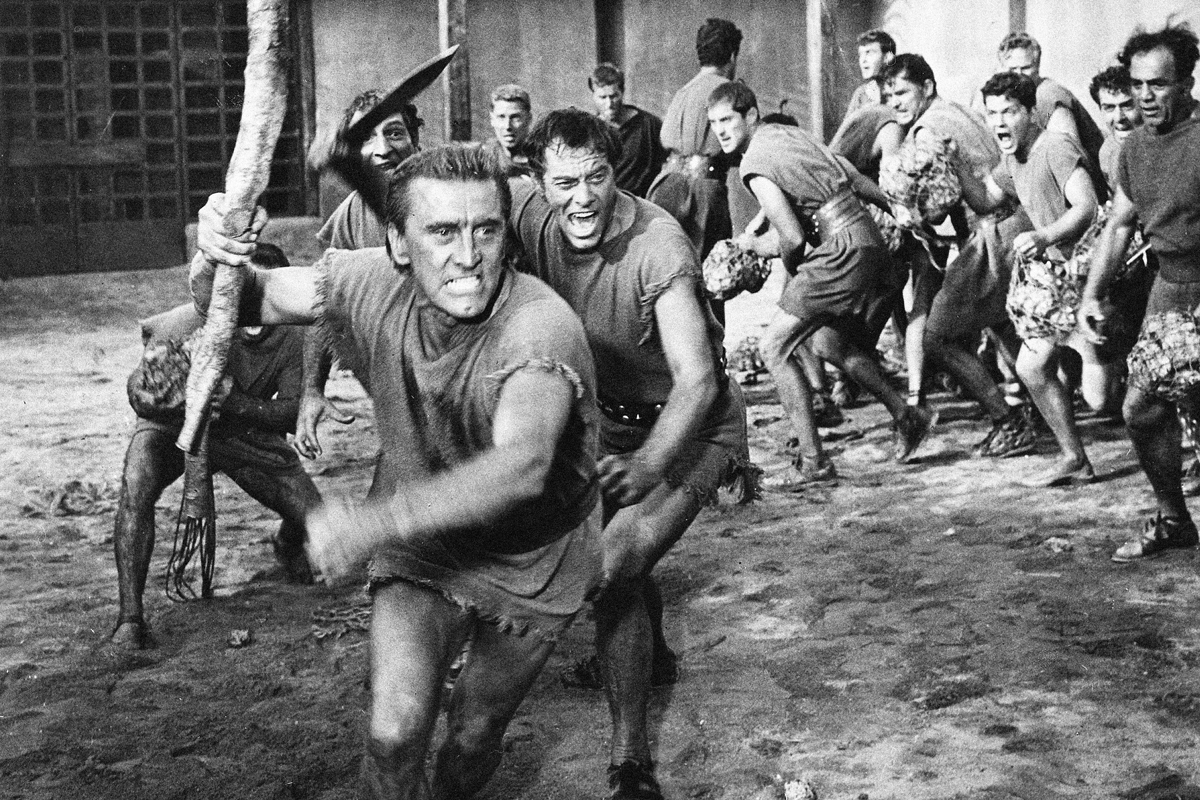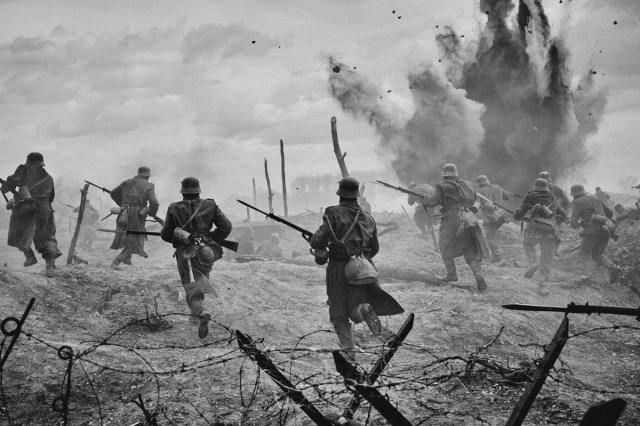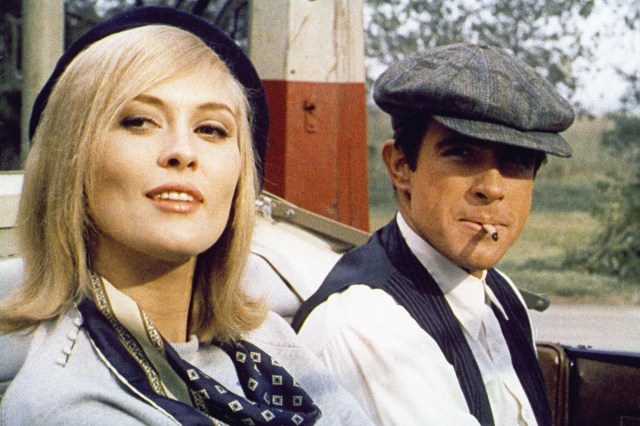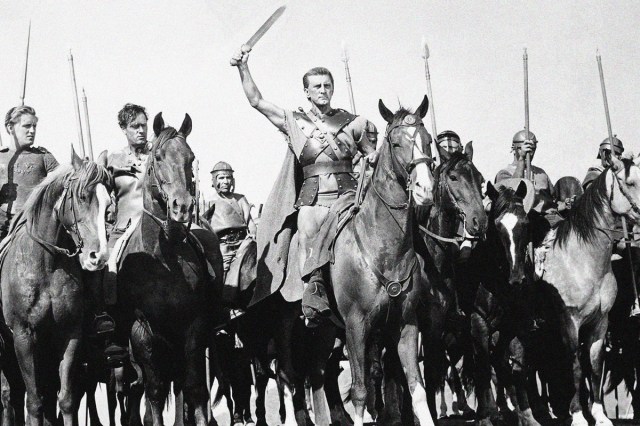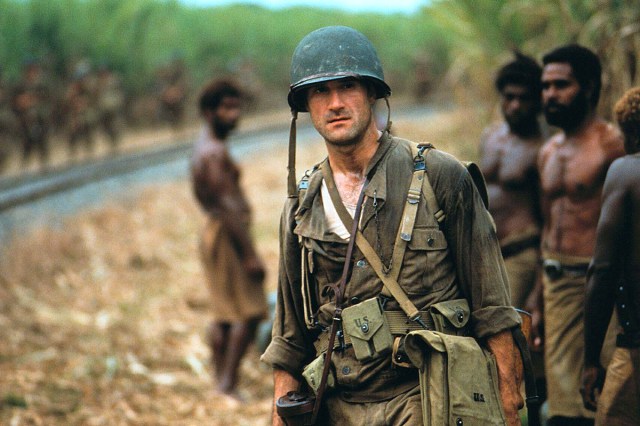The Best Historical Movies for History Buffs
Just as we’ll never run out of history to study, nor will we run out of historical movies to watch anytime soon. Filmmakers have always looked to the past for inspiration, with period pieces and historical dramas enduring as one of the medium’s most popular genres. Read on to discover some of the best historical movies ever made.
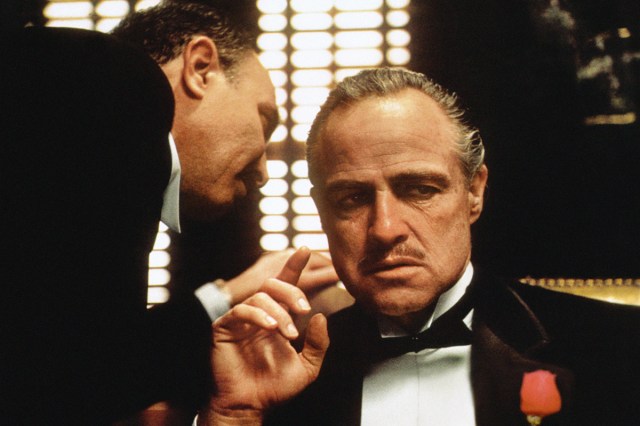
If You’re in a Countercultural Mood
Though it began in the late 1960s with movies such as The Graduate and Drugstore Cowboy, the New Hollywood movement was at its peak in the 1970s. That’s when filmmakers including Francis Ford Coppola, Terrence Malick, Martin Scorsese, and John Cassavetes came into their own and studios allowed directors unprecedented control over their productions. The result was a slew of all-timers: The Godfather, Days of Heaven, A Woman Under the Influence, The Deer Hunter, Alien, Taxi Driver, Jaws, 3 Women, Star Wars, Eraserhead, and Killer of Sheep, just to name a few.
Read more: 7 Essential Films From the 1970s





